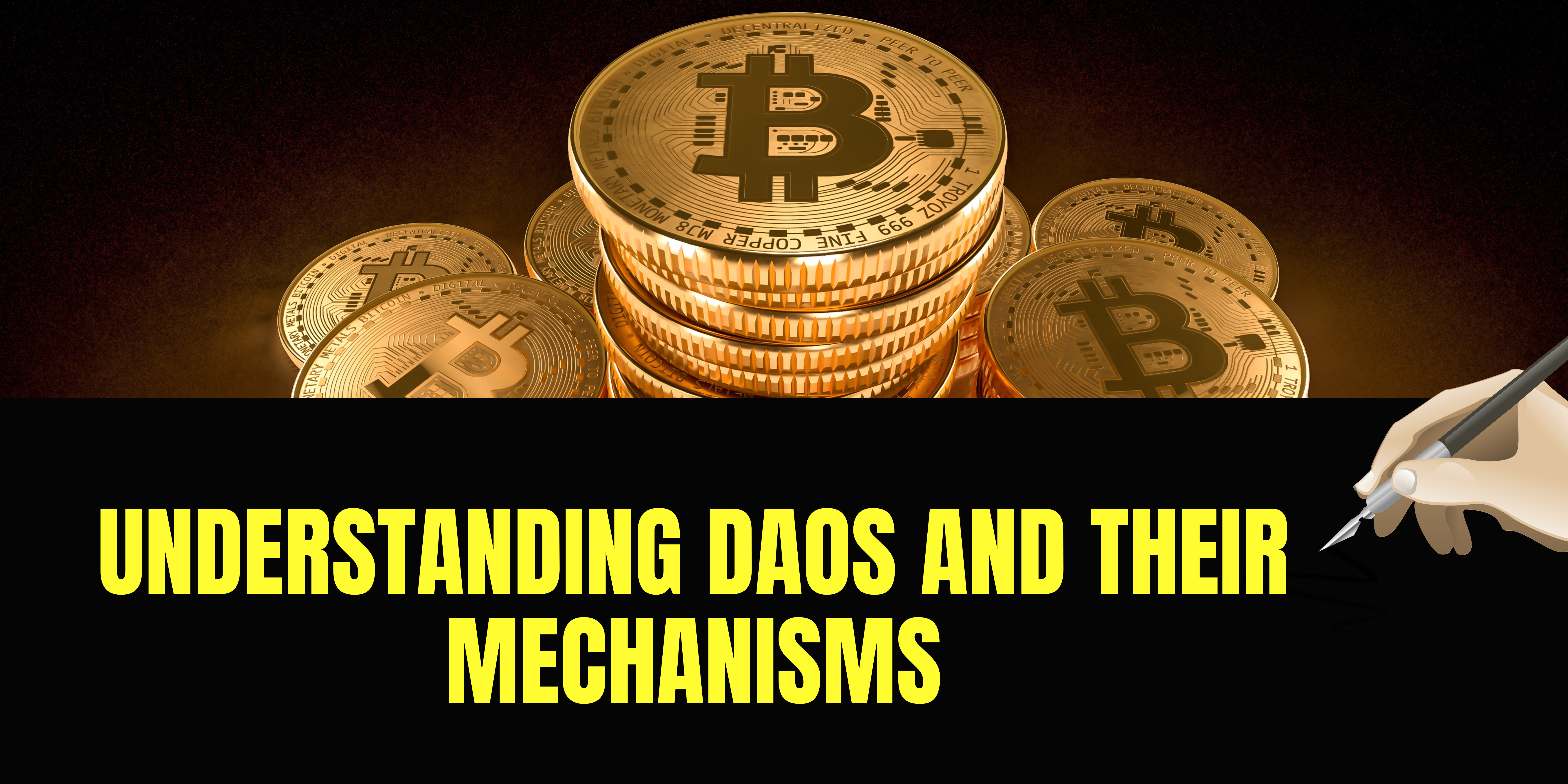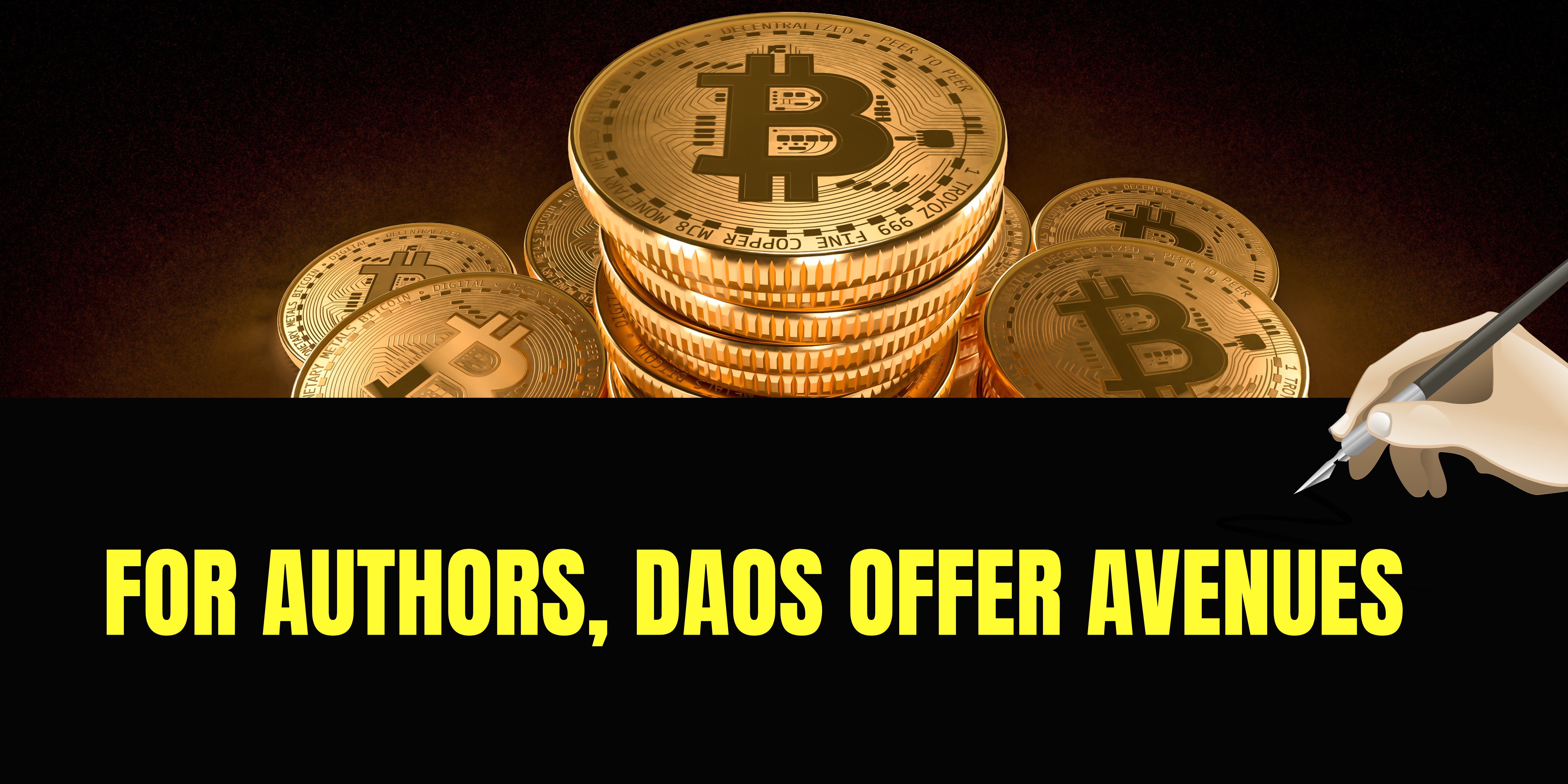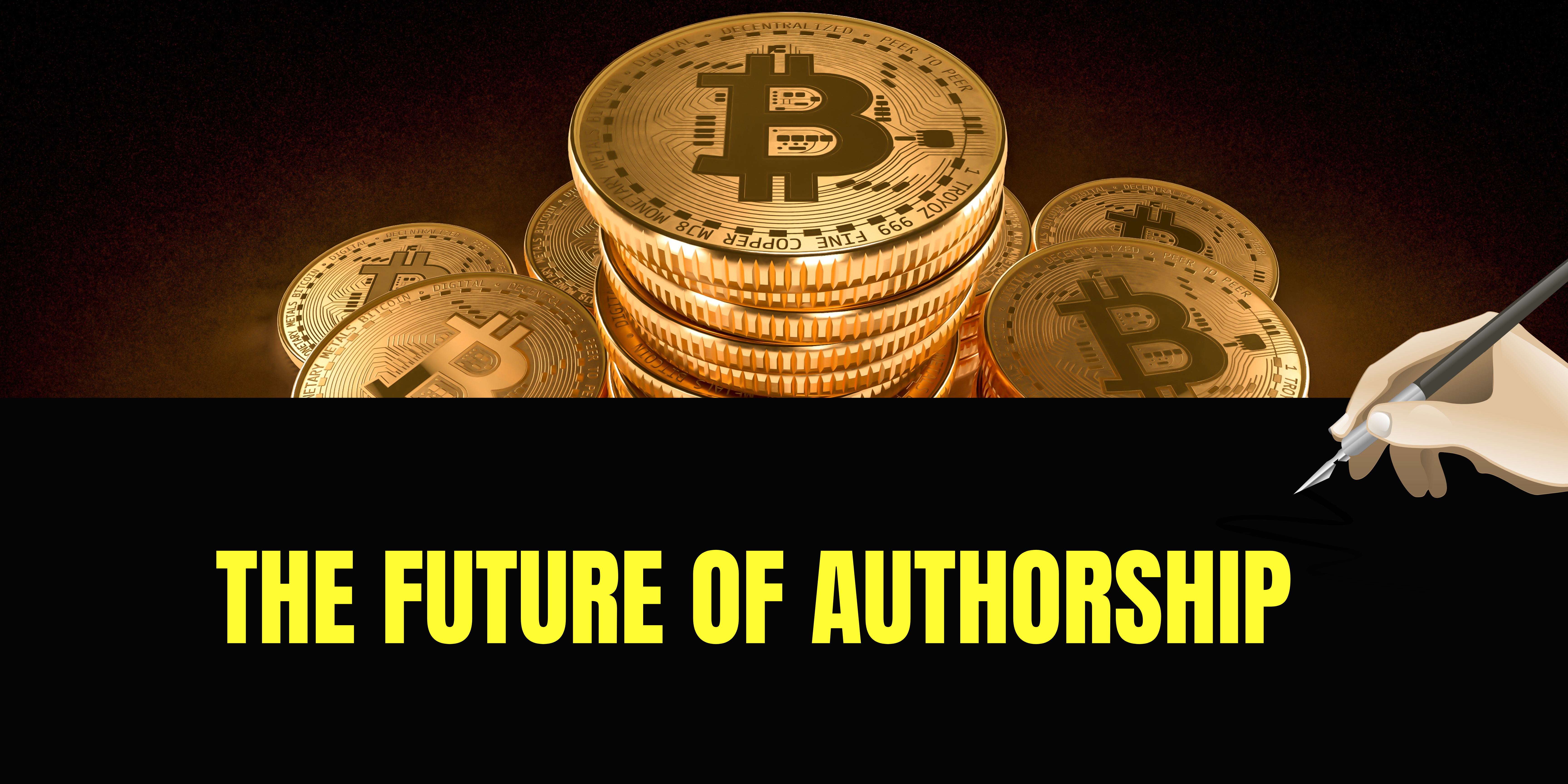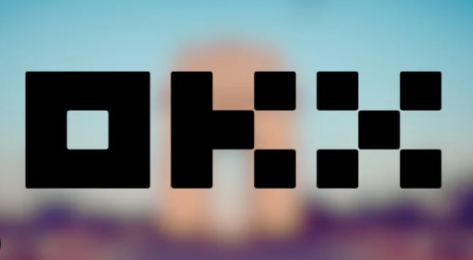The emergence of Decentralized Autonomous Organizations (DAOs) is reshaping online communities, particularly in the context of Web 3.0. For authors, DAOs present a novel opportunity to engage with readers, collaborate on projects, and redefine the traditional publishing landscape. This article delves into the potential of DAOs for authors, providing insights to navigate this innovative terrain effectively.

Understanding DAOs and Their Mechanisms: DAOs can be understood as internet communities driven by a shared objective, governed by encoded rules on the blockchain. Unlike conventional organizations with centralized authority, DAOs operate through collective decision-making by their members. Key features include:
-
Decentralized Governance: Decisions in a DAO are made via member voting, often facilitated by tokens, fostering a democratic and transparent decision-making process.
-
Community-driven Treasury: DAOs maintain a shared treasury funded by membership fees, token sales, or project revenue. Members vote on fund utilization, ensuring financial transparency.
-
Smart Contracts: DAO operations are automated through self-executing contracts on the blockchain, eliminating intermediaries and ensuring impartial execution of governance.

For authors, DAOs offer avenues to:
-
Cultivate a Self-Sustaining Community: Establish a dynamic community of readers and fellow authors for support, feedback, and collaborative opportunities.
-
Explore Decentralized Publishing: Experiment with alternative publishing models where DAO members collectively fund the editing, design, and marketing of books, sharing ownership and profits.
-
Enable Direct Funding and Patronage: DAOs facilitate direct fan funding and patronage, enabling readers to support authors directly and engage in the creative process.
DAOs empower authors to transcend traditional gatekeepers, fostering a collaborative and sustainable creative ecosystem.
Delving Deeper: Understanding DAO Structures and Considerations DAO structures vary based on purpose. Key considerations include:
-
Tokenomics: Understanding the tokenomics of a DAO is essential, as tokens represent membership rights and voting power.
-
Decision-making Processes: DAOs employ diverse voting mechanisms, with some requiring token ownership for voting and others adopting more inclusive structures.
-
Identifying Suitable DAOs: Researching DAOs relevant to one's genre or interests is crucial to finding alignment with personal goals.
Participating in a DAO necessitates research and commitment to shared values, yet promises substantial benefits for authors seeking a collaborative and empowering creative environment.

The Future of Authorship: Envisioning a Collaborative Landscape DAOs offer a glimpse into the future of authorship, characterized by distributed power and ownership among communities. Future possibilities include:
-
Evolution of Publishing Models: DAOs may disrupt traditional publishing by enabling decentralized funding, production, and distribution of creative works.
-
Enhanced Reader Connection: Authors can forge deeper connections with readers through DAOs, fostering interactive and participatory creative processes.
-
Collective Ownership and Governance: Authors and readers may co-own publishing platforms, sharing in the success of creative projects via DAO structures.
While DAO integration into the literary realm is nascent, it holds immense promise for a democratic, collaborative, and fulfilling future for authors.




评论 (0)